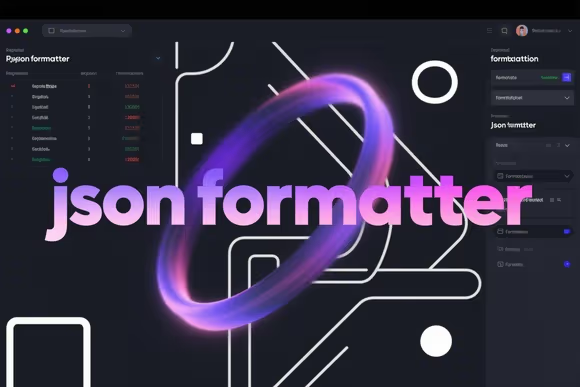JWT parser
Parse and decode your JSON Web Token (jwt) and display its content.
JWT to decode
Header
Payload
About JWT Parser
JWT (JSON Web Token) is a compact, URL-safe means of representing claims to be transferred between two parties. The claims in a JWT are encoded as a JSON object that is digitally signed using JSON Web Signature (JWS).
A JWT consists of three parts separated by dots (.)
- Header - Contains metadata about the type of token and the cryptographic algorithms used
- Payload - Contains the claims or assertions about the user and additional data
- Signature - Verifies the integrity of the token and ensures it hasn't been altered
- Authentication and authorization
- Information exchange between parties
- Securing API endpoints
- Single sign-on (SSO) implementations
- Stateless session management
Signature Verification
Always verify the signature of a JWT before trusting its content. This tool only decodes the token but doesn't verify its signature.
Sensitive Information
Avoid storing sensitive information in JWTs as the payload is only encoded, not encrypted, unless you specifically use JWE (JSON Web Encryption).
Token Expiration
Set appropriate expiration times for your tokens to minimize the security impact if a token is compromised.
| Claim | Description |
|---|---|
iss | Issuer - identifies the principal that issued the JWT |
sub | Subject - identifies the principal that is the subject of the JWT |
aud | Audience - identifies the recipients that the JWT is intended for |
exp | Expiration Time - identifies the expiration time on or after which the JWT must not be accepted for processing |
nbf | Not Before - identifies the time before which the JWT must not be accepted for processing |
iat | Issued At - identifies the time at which the JWT was issued |
jti | JWT ID - provides a unique identifier for the JWT |
Related Tools
You might also find these useful

JSON Formatter
Format and beautify JSON with customizable indentation. Supports JSON5, comments, trailing commas and advanced formatting options.

Chmod Calculator
Calculate file permissions based on octal, symbolic, and decimal formats.

Crontab Generator
Generate crontab expressions for scheduling tasks.

JSON Minify
Minify and compress your JSON by removing unnecessary whitespace. Supports JSON5 format with comments and more flexible syntax.

JSON XML Converter
Convert JSON to XML format easily. Transform data between these popular formats with this free online tool.

JSON TOML Converter
Convert JSON to TOML format easily. Transform data between these popular formats with this free online tool.